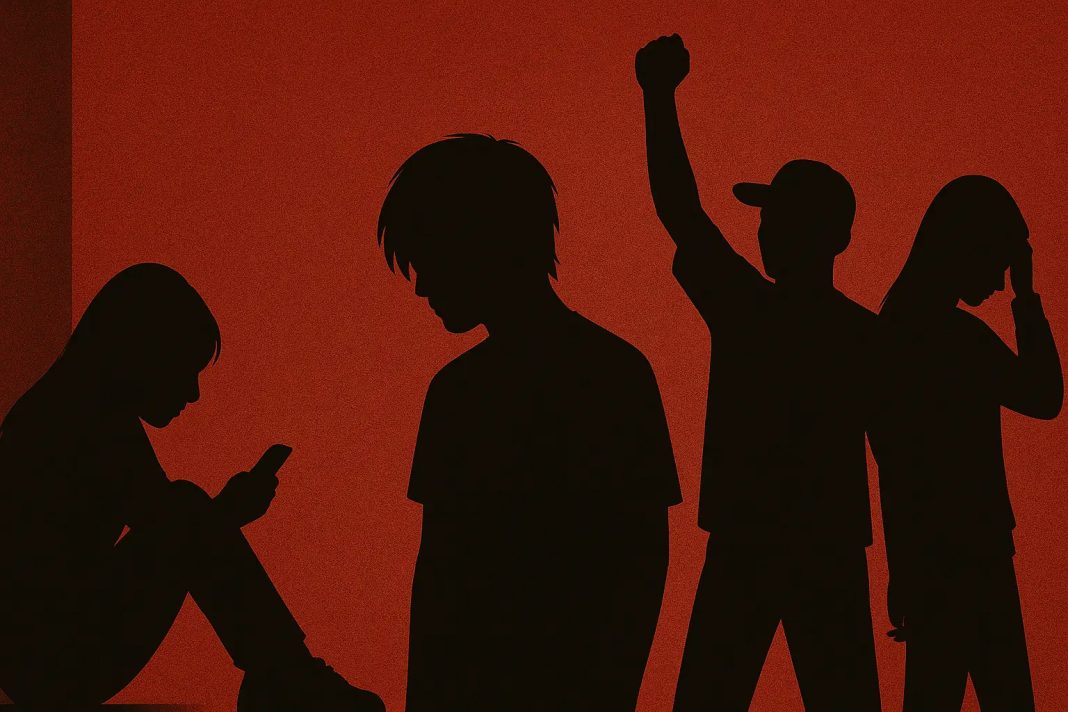By Mimoza Picari
In Albania, mental health issues among children and adolescents are increasingly prompting debate regarding both the necessity and quality of available services. Experts are raising extremely concerning issues in this area, listing several factors that weigh heavily on the mental health of this age group, including the aftermath of the Covid-19 pandemic, internet addiction, bullying, online violence, and broken relationships with parents, society, or school. Specialists in the field are critical and urge the authorities to expand mental health services for children, while the Institute of Public Health told Faktoje.al that several strategies have been drafted and are being implemented in this regard.
In Albania, mental health services have gone through different stages of development over the last three decades. The reform in the 2000s in this area introduced community-based services, whereas before, specialized services were only provided in hospital centers.
Mental health issues have consistently sparked debate regarding the delivery of services. However, one of the most troubling concerns today is the mental health of children and adolescents.
Mental health professionals told Faktoje.al that the Covid-19 pandemic has recently added to the mental health challenges faced by this age group and increased the need for support services. Anxiety disorders, low mood, lack of self-esteem, and behavioral changes are among the most frequently reported issues. Yet, child and adolescent psychiatrist Valbona Alikaj says that she and her colleagues are now encountering new patterns that need to be further analyzed.
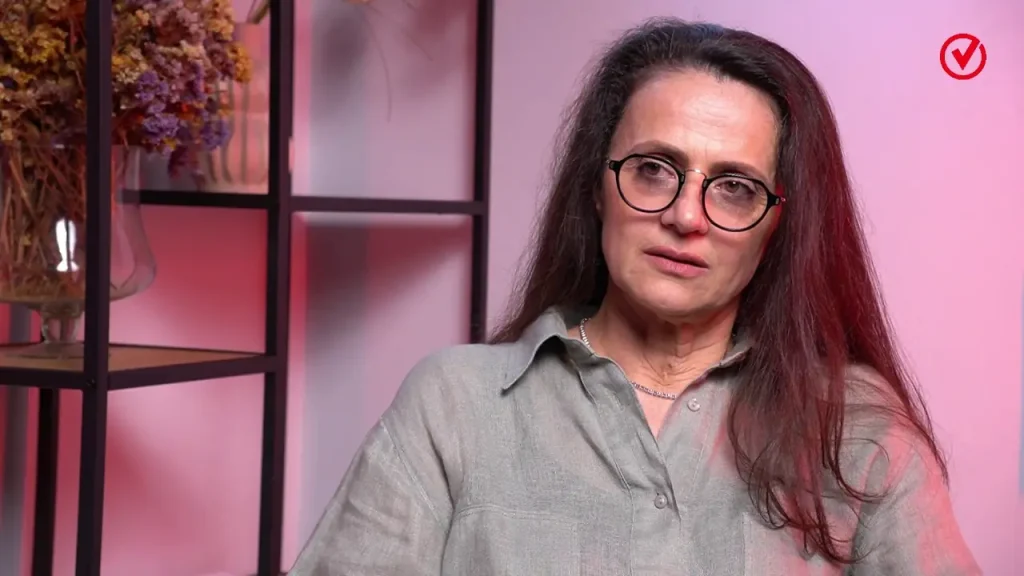
We’re seeing changes in symptoms. Things often appear vague or unclear. Some of these things didn’t exist ten years ago. And I think they need to be re-examined’. -Associate Professor Valbona Alikaj, child and adolescent psychiatrist, told Faktoje.al.
Public health authorities told Faktoje.al that they are paying increased attention to the mental health of children and adolescents, noting that a dedicated chapter has been included in the National Mental Health Action Plan 2023–2026 for this purpose. According to Andia Meksi, a mental health specialist at the Institute of Public Health, the Ministry of Health has started integrating psychologists and social workers into primary care health centers, while community mental health service centers have been established in major cities across the country, including three in Tirana alone. The Ministry of Education and Sports has also undertaken several strategies in recent years to strengthen the psycho-social role in schools.
This institution told Faktoje.al that the legal framework related to the organization and functioning of psycho-social service units has been improved, and that the number of psycho-social workers has increased year after year. The Ministry of Education further clarified that more than 850 professionals are currently offering services in pre-university educational institutions, highlighting that depending on the number of students, schools may have up to two psycho-social workers.
However, child rights activists in Albania believe that the services available for young people are still insufficient.
‘Lack of services is just one link in the chain, but the real issue is the absence of a comprehensive approach that puts young people at the center. We are still not where we need to be to truly provide youth with the proper services’, -said Altin Hazizaj, Executive Director of the Center for the Protection of Children’s Rights in Albania, in a statement to Faktoje.al.
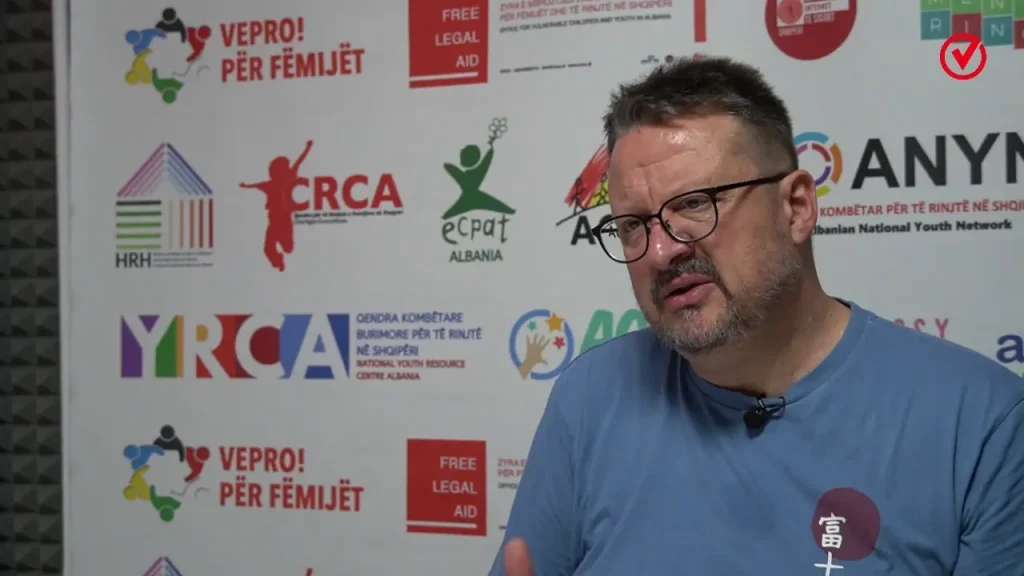
On the other hand, mental health professionals are calling attention to the need for better institutional coordination.
‘There is a need for stronger institutional cooperation, meaning that institutions responsible for healthcare, education, and social services must be more unified and respond more swiftly to the needs of today’s adolescents and youth’, –explained Andia Meksi, a mental health specialist at the Institute of Public Health in Tirana, to Faktoje.al.
School psychologists are currently facing a wide range of complaints from children and adolescents, including issues related to appearance, anxiety, mood disorders, and behavior. The age group with the highest incidence of these concerns is 15 to 19 years old, with girls more likely to seek help, even though they may not necessarily be the ones most in need.
Experts believe it is difficult to accurately assess and treat mental health issues in children and adolescents without understanding the underlying contexts that contribute to their distress. Research highlights the interaction between genetics and environmental factors during early childhood, including parenting, education, exposure to violence or abuse, discrimination, poverty, humanitarian crises, and health emergencies, all of which can affect mental health.
Specialists emphasize that one of the most significant challenges impacting the mental health of children and adolescents is prolonged and uncontrolled internet use.
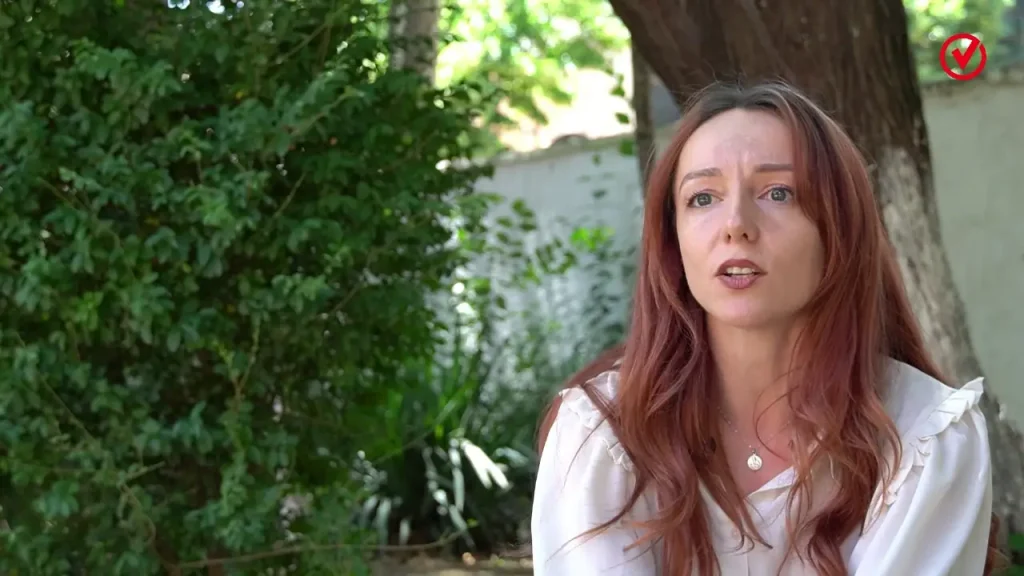
‘Internet addiction is one of the main problems. There is certainly uncontrolled content available online, including pornographic material, which children and adolescents may encounter. Therefore, it is crucial for parents and caregivers to implement controls and limits on the amount of time children spend on social media and using technology’, –says Elisa Bano, psychologist at the Naim Frashëri nine-year school in Tirana.
Child and adolescent psychiatrist Valbona Alikaj shared with Faktoje.al an example from her professional experience about the risks children and adolescents face today from unchecked internet use.
‘I have been treating a withdrawn girl for some time now, not very outgoing, a very good student, who got involved in internet programs where you send photos and the images return altered like aliens or something similar. Suddenly, she realized that this was a virtual dating program with strangers. At first, she said she started it as a joke, teasing and claiming to be a little older, but then she unexpectedly made contact with a person who offered love, security, and verbal abuse. By chance, her mother checked her phone and found a conversation that had not been deleted, which triggered the entire process of cutting off communication with this person. They also reported the case to the Cybersecurity Authority, to which they were referred to. We are working extensively on her anxiety symptoms, explained Ms. Alikaj.
Although many specialists view heavy technology use among children as a source of mental health problems, some are more cautious about drawing firm conclusions.
‘I would not rush to conclusions because generations of children and adolescents born and raised with daily technology still have time to demonstrate their intellectual, psychological, and societal contributions’, – psychiatrist Neli Demi told Faktoje.al.
One key focus for mental health professionals is on self-harming behaviors.
Since 2019, police data show that 36 children have died by suicide, including two over the age of 14 this year, while nearly twice as many have attempted suicide. Official figures indicate that suicide attempts have dropped significantly from 12 in 2019 to 1 in 2024, but experts remain vigilant when it comes to protecting lives.
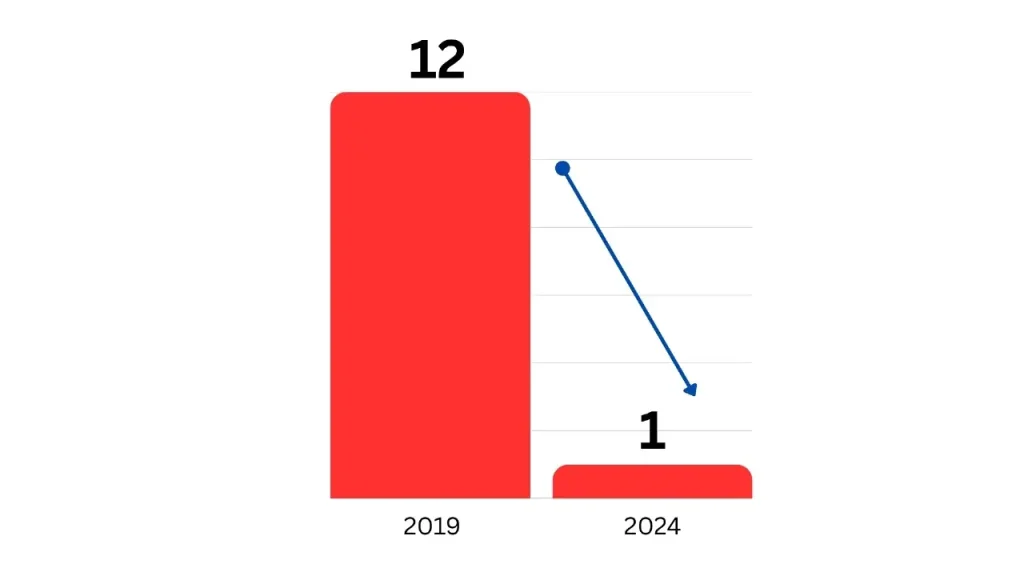
‘The causes are diverse. Timely intervention is very important. Studies show that suicides can be prevented, and there are ways to assess if an adolescent is at immediate risk, although it is very difficult since adolescents, unlike adults, find it much harder to talk about their problems, but it is not impossible’, –said Ms. Meksi, mental health specialist at the Institute of Public Health (ISHP).
‘There is a stigma associated with mental health issues in children and adolescents. Some individuals suffer but are too ashamed to share their problems with others because they fear being seen as weak by their peers, being judged, not receiving help, and having their situation worsen’, – explained Elisa Bano, psychologist at the Naim Frashëri nine-year school in Tirana.
At the end of 2024, the Ministry of Education announced the approval of the National Action Plan for preventing violence, bullying, and improving safety in schools, as well as establishing open schools to involve parents and the community.
However, child rights activists and some mental health professionals in Albania hold a different view on the interaction between adolescents, parents, and the community concerning mental health issues.
‘One of the main complaints from adolescents and children when you talk to them is the lack of communication and the feeling that adults don’t understand them. For them, this is a very serious problem. In fact, they have been trying to speak up for a long time, but we are not ready to listen’, –added Mr. Hazizaj.
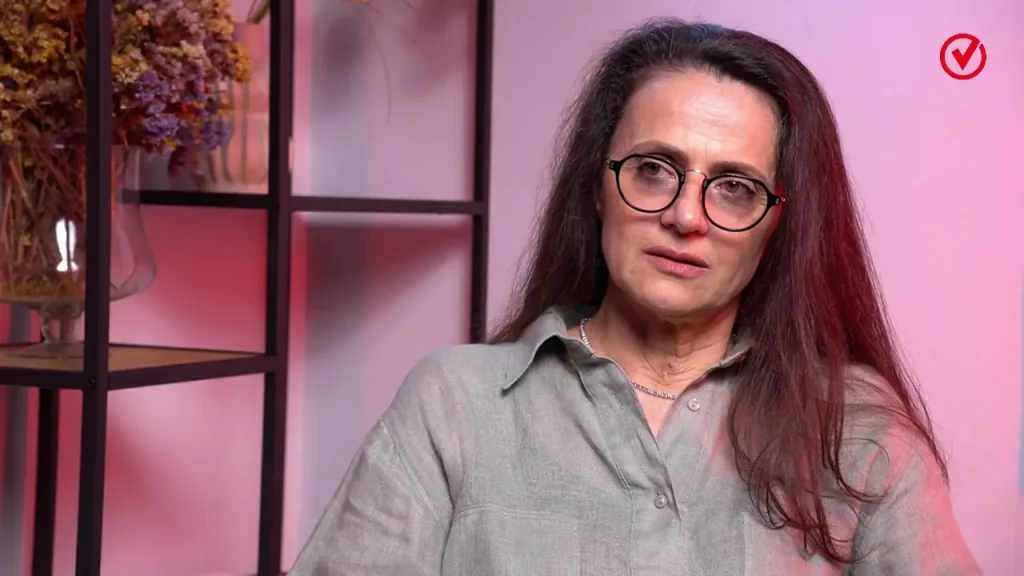
‘From the adolescents I work with, I understand that many parents are not at home throughout the day, they are absent and don’t know what their child is doing. Not only that, but they don’t truly know their child. Parents who give their children money but do not know them’, –continued child psychiatrist Valbona Alikaj.
This reality is also reflected in studies conducted by the Institute of Public Health (ISHP).
‘Almost 90% of parents refuse to give consent, meaning a signed agreement, for their children to receive mental health services. This demonstrates the high level of stigma that exists. Therefore, much work remains to be done, but the positive thing is that the topic is being discussed, and the media plays an important role in this’, –said Andia Meksi, mental health specialist at ISHP.
Beyond the stigma frequently encountered today concerning mental health issues in children and adolescents, some barriers have been broken. Today, these issues are discussed more openly than before, while the challenge is to increase this dialogue further in the future. At the same time, all stakeholders agree that there is still much work to be done, emphasizing that health cannot exist without mental health.
This article was prepared with the support of the Friedrich Ebert Foundation in Tirana.


